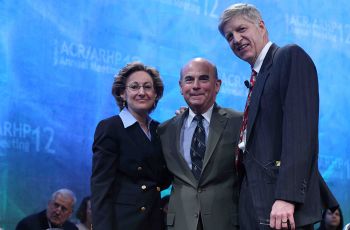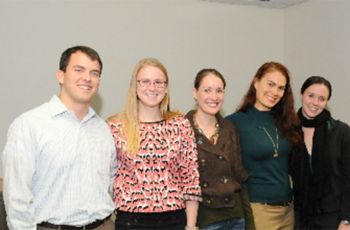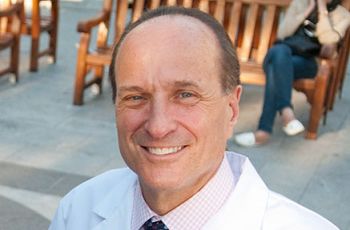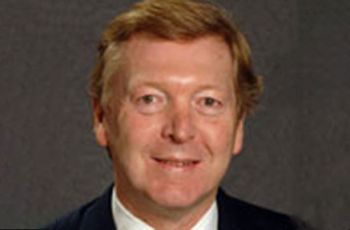News Archive
The George Washington University Heart and Vascular Institute and The Wireless Foundation, in partnership with the D.C. Fire and Emergency Medical Services, announced their innovative public health initiative, which will improve cardiac care in the nation’s capital.
Utsha Khatri’s first exposure to medicine was from the perspective of treating the underserved. She believes that multiple factors influence a patient’s prospects for good health — education, stress, access to healthy foods, etc.
It’s a typical Thursday for John Larsen, M.D., chair of the Department of Obstetrics and Gynecology (OBGYN) at GW’s School of Medicine and Health Sciences.
The Office of Communications and Marketing took home high honors in three categories in the 2012 MarCom Awards competition.
For the third consecutive year, supporters of the George Washington University Cancer Institute pounded the pavement throughout Washington, D.C., as participants of the 37th annual Marine Corps Marathon Oct. 28.
This medical innovation, based on collaborative research by Drs. Marco Mercader, M.D., a cardiologist; Matthew Kay, D.Sc., a biomedical engineer; and Narine Sarvazyan, Ph.D., a physiologist, at the GW School of Medicine and Health Sciences (SMHS) and the GW School of Engineering and Applied…
Stuart Kassan, M.D. ‘72, member of the GW board of trustees and alumnus of the SMHS, was named a Master of the American College of Rheumatology at a session of the American College of Rheumatology Annual Meeting, in Washington, D.C.
The George Washington University School of Medicine and Health Sciences (SMHS) honored second- and third-year PT students who exemplify those essential skills, recognizing their achievements at the Physical Therapy Program 2012 Excellence Awards on Nov. 8.
GW School of Medicine and Health Sciences (SMHS) alum, Russell C. Libby, M.D., F.A.A.P, was installed as president of the Medical Society of Virginia (MSV) during the Society’s annual meeting at Williamsburg Lodge in Williamsburg, VA, on Nov. 3, 2012.
The George Washington University School of Medicine and Health Sciences (SMHS) and the Children’s National Medical Center are pleased to announce that David L. Wessel, MD, has received the prestigious Meritorious Achievement Award from the American Heart Association (AHA) Council on…







